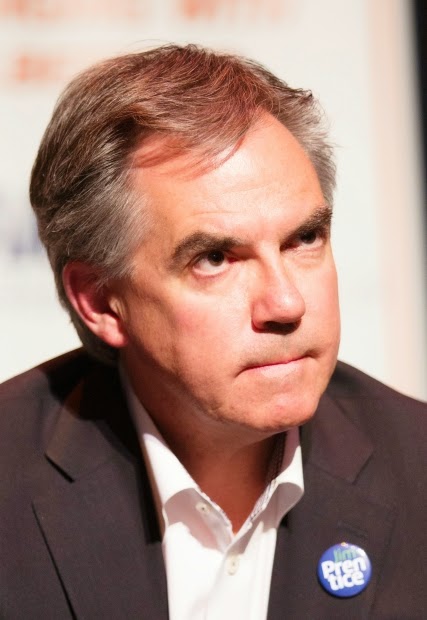On Style
Be clear. Be concise. Omit needless words.This is the prevailing advice on writing these days. Avoid long sentences and figures of speech. Beware of adverbs. Go light on the exposition. Use modifiers sparingly. Show, don’t tell. It is the notion that t…
12 People You’ll Never Believe You Actually Elected
Today, instead of a fictional farce, we look at the actual farce that is Alberta politics. The Progressive Conservative party has been in power in Alberta for 43 years. I’m just going to repeat that number in case you missed it the first time: 43 years. They have literally been around longer than disco.
- A bank vice-chairman who got almost 7000 ordinary citizens to vote for him.
- A party one-sixth of whose representatives were actually elected as members of a different party.
The young man and the sage
Accounting for Taste
I have long believed that taste, one’s aesthetic sense, one’s choice in music, literature, art and fashion, is important, that it is not trivial or superficial. I’ve always struggled to articulate the idea, always wondering how people can like certain…
Return to blogging
- I finished my book, now titled The Myrtle Child. It is the funniest thing since sliced bread. It is so epic it makes Game of Thrones look like People magazine. Next step is to find an agent, and then I’m on my way to world domination. (Except that with the comic novel instead of the death ray I was hoping for, I may have to revise my plans a bit.)
- I did some philosophy, writing a piece called “Intellectual Virtue Now and Again” for a volume called Epistemic Situationism, to be published by Cambridge University Press. If you know what all those words mean you should check it out. If you don’t, what you need to know is that philosophical debates are basically like this.
- Pavel and the Ivans, the patriotic Ukrainians you might remember from previousposts, were finally noticed by the media (and by ‘the media’, I mean ‘the media who aren’t just making the news up’). Vladimir Putin explained that they and the other Russian soldiers in eastern Ukraine were not invading the country; they were just on vacation. I was a little suspicious of this story at first, but I checked TripAdvisor and it turns out he was telling the truth. Just look at this review of the Donetsk Best Western, posted by a ‘Sgt. Pavel’:
This hotel is terrible. The air conditioning didn’t work half the time, and neither did the running water. We specifically asked for a quiet room, but the sound of artillery fire kept us awake until three in the morning! The service was rude and totally unreliable. The concierge never showed up once. When we ordered room service, it took almost an hour for them to bring it, and there was blood all over the cart. The bellhop said he’d been shot by a sniper, of all the ridiculous excuses! I think he was actually drunk – he was slurring his words and could barely stand up straight. We sent the food back but then when we checked out, the meal was STILL on our bill. We should have known better than to book a hotel advertising it was a short walk from the Historic Front Lines.
Commitment
I’ve just come back from Communion at church. There were two lessons, the first about Ananias and Saphira, and the second about the Widow’s Mite. The vicar talked during the sermon about the first lesson and the consequences of lying to God. What I found more interesting was the theme running through both stories, as […]
My Bias
David GilmourLast year, David Gilmour, Canadian author and a lecturer at the University of Toronto, stirred up controversy when he proclaimed his preference for heterosexual, white, male authors. Gilmour said, “I would only teach the people…
How I Quit Smoking
I have been smoking for half my life. And it’s no wonder that I took it up. I grew up with it. My mom smoked in the house, in the car, in bed. She would write a note and send me to pick up cigarettes for her at the corner store….
My Influences.
What authors do I consider to be my influences? I’ve given it a lot of thought. These are the one’s that grabbed me by the brain as a child, and as a young adult, and have yet to let go. They have shaped my thinking, my perception of …






